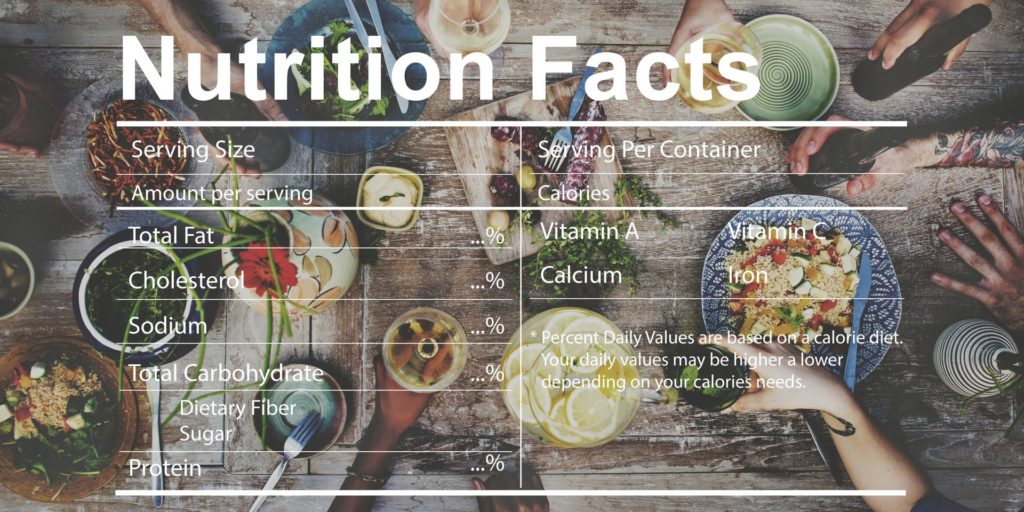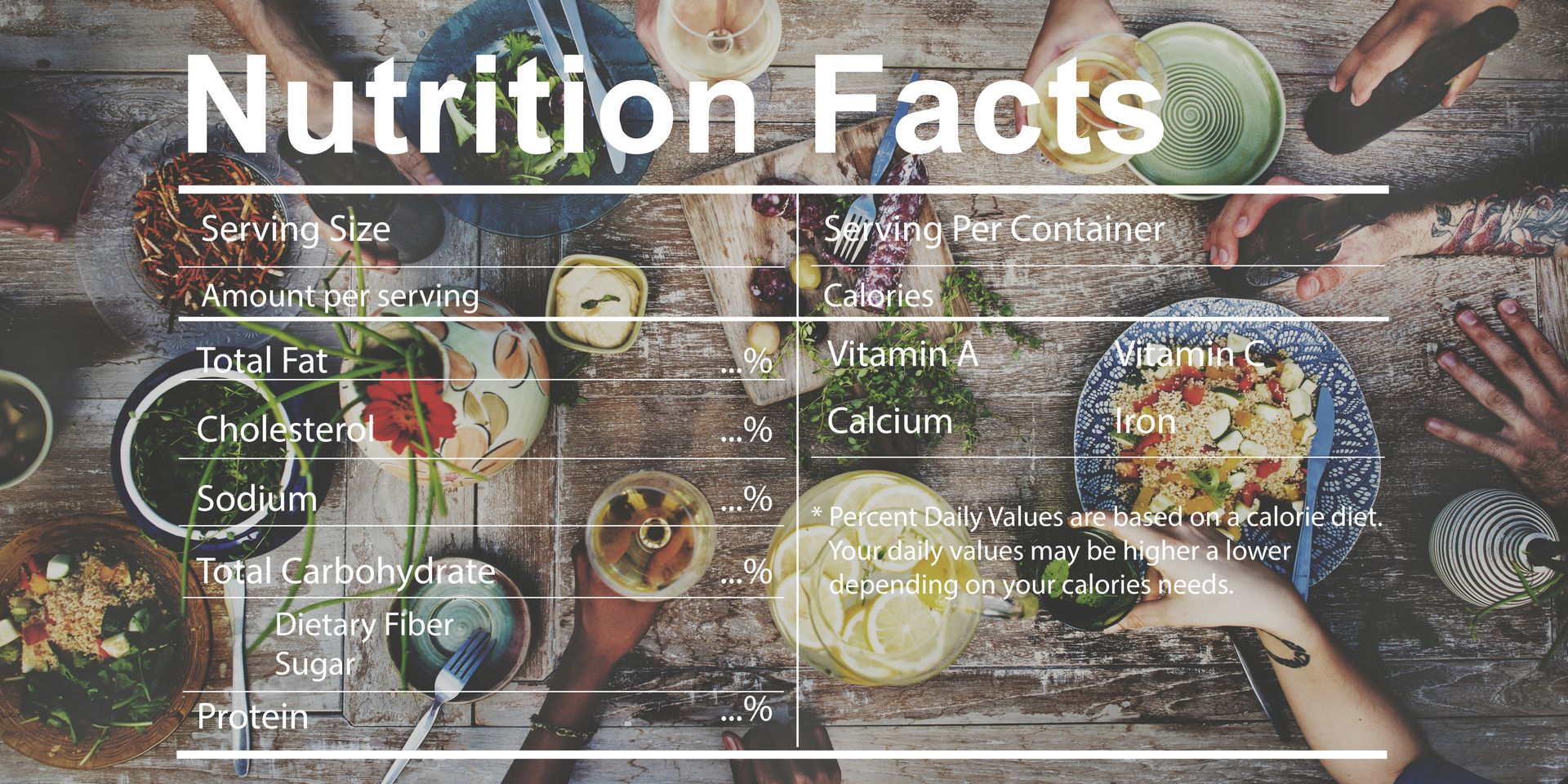Proper Nutrition is Crucial During Recovery: Here’s Why

Proper nutrition during recovery is an often overlooked but crucial component. Without the body receiving all of the macronutrients, vitamins, and minerals that are needed, it’s impossible to restore physical and mental health.
Those who struggle with substance abuse typically do not eat enough nutrient-rich foods or drink enough water. This results in a lack of nutrients which can cause depression, anxiety, insomnia and other serious physical and mental ailments.
How Drug and Alcohol Abuse Can Lead to Malnutrition
Malnutrition, or a lack of nutrients, is caused by either not eating a balanced diet or by not being able to absorb nutrients correctly. Many people don’t realize that substance abuse can lead to nutritional deficiencies.
Drugs and alcohol disrupt the body’s ability to absorb the nutrients that it is getting. Those with substance abuse disorder also tend to eat poor quality food or go too long between meals. Each substance affects the body in different ways when it comes to nutrition.
Stimulants
Such as cocaine and methamphetamines suppress the appetite. If you’re not eating, you’re not getting the nutrients that your body needs to function properly. Some users go days without eating, causing severe malnutrition over time. Deficiencies often cause physical symptoms which can be mistaken for withdrawal symptoms. Stimulants also disrupt the body’s ability to regulate metabolism and the neuroendocrine system.
Alcohol
Alcohol abuse depletes the body of vitamin B1 or thiamine. This vitamin is used by almost every cell and is crucial in the breakdown of carbohydrates into energy. Our body cannot produce thiamine on its own, so it must be consumed through foods like whole grains, nuts, and meat. Thiamine deficiency can lead to:
- Fatigue
- Irritability
- Paresthesia, or tingling in the arms and legs
- Blurry vision
- Muscle weakness
- Nausea or vomiting
- Decreased heart rate
- Shortness of breath
- Heart failure
Opioids slow digestion causing constipation and other digestive issues. They also disrupt the body’s ability to absorb nutrients.
Benefits of Proper Nutrition During Recovery
Recovery is a time of healing for both your body and mind. In the same way that people manage their diabetes or heart disease with the help of diet, those in recovery should make sure that they’re eating a diet made up of nutrient-rich foods. Poor nutrition can lead to drug or alcohol cravings making it more difficult to stay sober. A balanced diet should include the following:
- Proteins: They aid in hormone production. When hormone levels are low it can lead to feelings of irritability and anxiety. Good sources of proteins are low-fat meats, fish, dairy, nuts, and beans.
- Fats: These can be healthy and are essential for proper cell function. They also serve as an energy source. Though studies have been completed on the benefits of good fats, too much of the wrong type of fat (think trans fats!) can increase the risk of cardiovascular disease and other issues. Fats should come from unsaturated sources such as coconut oil, fish, dairy, nuts, and seeds.
- Vitamins and minerals: Both are essential for maintaining balance in the body. Deficiencies can lead to a range of health problems, some of which can be serious. For example, low levels of iron can cause shortness of breath, heart palpitations, headaches, and dizziness. In order to make sure that you’re getting enough to eat a variety of fruits, vegetables, and whole grains.
- Water: Proper hydration is so important when it comes to wellness. Even mild dehydration can cause symptoms like dizziness, mood swings, and confusion.
- Carbohydrates: These should be obtained from sources such as whole grains, fruits, and vegetables. Foods like whole-wheat bread, beans, and oats will also provide much-needed fiber. Carbohydrates provide your body with energy and help to regulate your blood sugar. Fiber also helps to regulate blood sugar, aids in digestion and maintains healthy cholesterol levels. Not having enough carbohydrates in your diet can cause cravings which can be confused with drug cravings. It can also cause mood swings and anxiety.
Sugar and Artificial Sweeteners: How They Can Hurt Recovery
Those in the early stages of recovery sometimes find themselves indulging cravings by indulging their sweet tooth, but is this safe? Of course, there’s no risk of overdose when it comes to sugar, but indulging in excess sugar can lead to drug cravings. This is because the brain reacts to sugar in the same way that it reacts to alcohol or other drugs.
Sugar triggers the reward center in the brain, just like heroin or cocaine. While the reaction is not as intense for most people, it is still advisable to limit excess sugar intake.
Concluding thoughts
If you’re in recovery, having a healthy diet goes hand in hand with treatment. Good nutrition will help you to feel better physically and mentally. When you feel your best, your chance of relapse decreases significantly.
DayBreak is NOT just another drug rehab center – it is a treatment solution founded on the core principles of change. Relapse no longer needs to be a part of your story, call us when you are ready for a life rediscovered…844-447-3239

